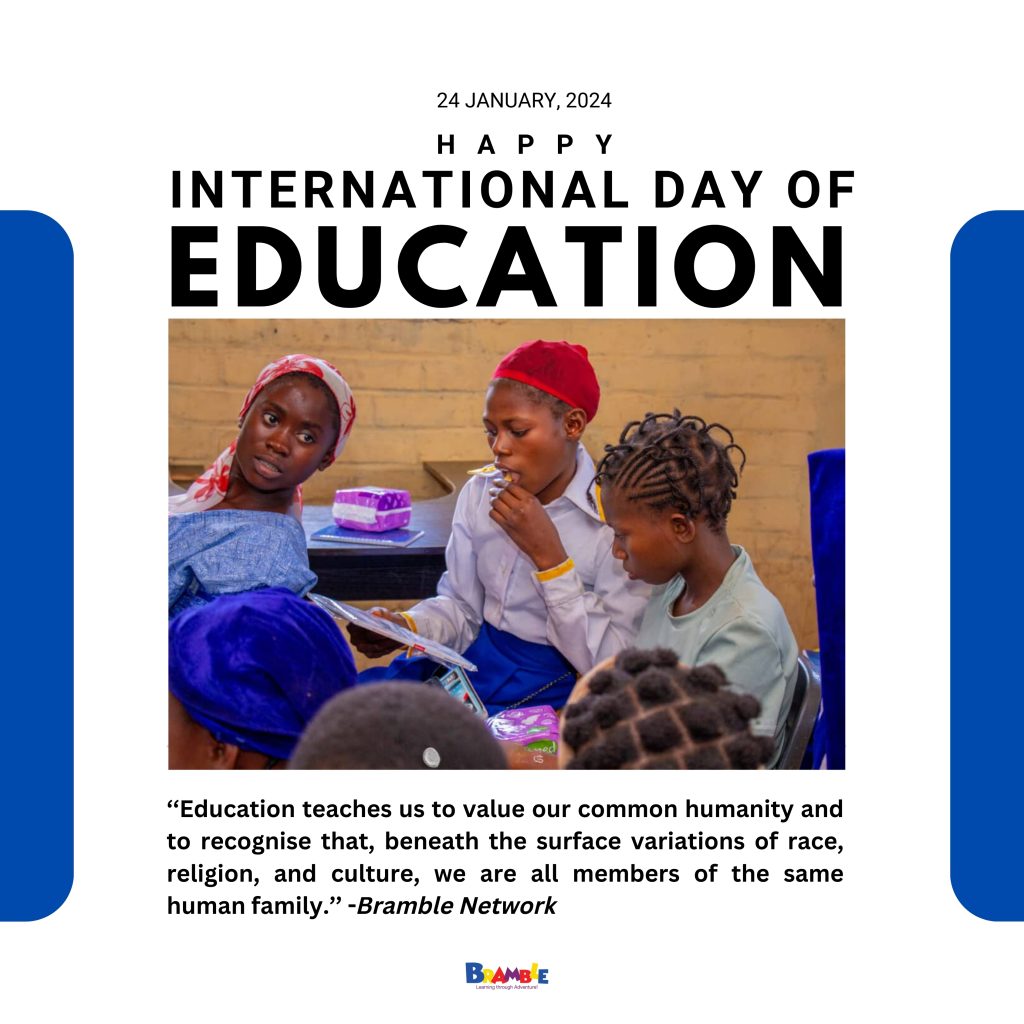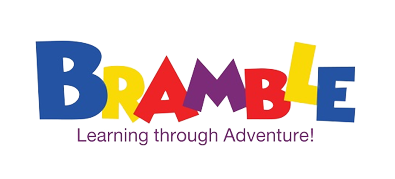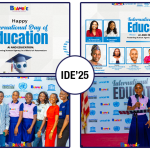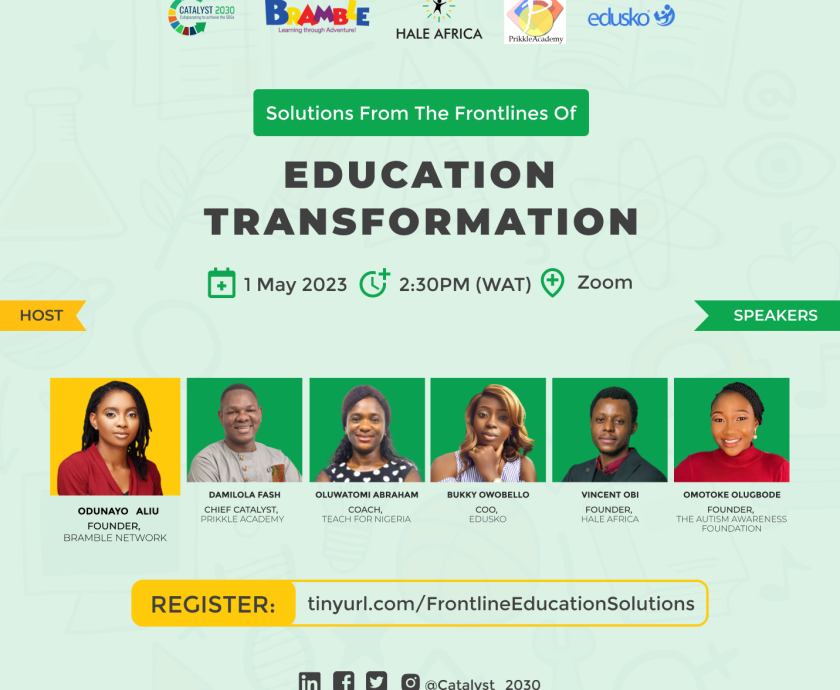Imagine a world where harmony replaces conflict, and the symphony of mutual understanding drowns out the dissonance of disagreement. This is the essence of lasting peace: a state of existence in which respect, understanding, and cooperation form the foundation of our global society. The International Day of Education, commemorated annually on January 24, is a United Nations (UN) project that began in 2018. The day is designated to acknowledge the critical role that education plays in promoting peace and growth.

Education is viewed as a vital human right and a shared obligation. The goal of the day is to emphasise the importance of quality education that is inclusive, equal, and accessible to all people throughout their lives. This is critical for attaining gender equality and breaking the cycle of poverty, which still affects millions of children, adults, and youth.
The theme for the International Day of Education 2024 is the critical role of education and educators in combating hate speech. This day is devoted to Afghanistan girls and women who have been denied the right to an education. The ultimate goal is to restructure education such that no one is left behind. Currently, 250 million children and youths do not attend school, and 763 million people are unable to read or write. These data emphasise the critical need for educational transformation to create a more peaceful society.
Learning for lasting peace is an important theme for the International Day of Education. It serves as a reminder that education is about obtaining knowledge while also encouraging interpersonal peace, tolerance, and understanding. The Nigerian government has made tremendous efforts to encourage education throughout the country. In 1999, the government started the Universal Basic Education (UBE) programme, which provides free and compulsory education to all students aged 6 to 15. The programme has successfully increased enrollment rates in primary schools across the country. According to the National Bureau of Statistics, the net enrollment rate in elementary schools rose from 57.2% in 2004 to 73.1% in 2019 with an almost negligible increase in 2023. However, Nigeria still has a long way to go before it achieves universal education. In addition to the efforts of the gov ernment and non-governmental organisations (NGOs) like Bramble Network which is championing education in rural communities, various other educational players are striving to encourage learning for long-term peace in Nigeria. These stakeholders include educators, parents, and learners.
To promote learning for a lifetime of peace in Nigeria, it is critical to tackle the challenges confronting the education sector. One of the primary difficulties is a shortage of educational funds. According to UNESCO, Nigeria’s education budget is one of the lowest in the world. In 2019, education received only 7.05% of the overall national budget. This lack of funding has led to substandard infrastructure, insufficient teaching materials, and low teacher wages. To overcome this issue, the government must enhance the education budget while ensuring that it is used effectively.
Educators also have an important role in encouraging peace and tolerance in classrooms. They can assist learners develop critical thinking skills while also encouraging them to respect diversity. Parents can help promote peace by educating their children to respect others and cherish diversity. Learners on their part can help to promote peace by participating in extracurricular activities that encourage tolerance and understanding.
Education serves as a bridge between several cultures, creating mutual tolerance and understanding. The light illuminates the path to empathy, allowing us to see the world through the eyes of others. Education teaches us to value our common humanity and to recognise that, beneath the surface variations of race, religion, and culture, we are all members of the same human family. We learn to respect diversity, not fear it, and to perceive it as a source of strength rather than a source of conflict. Education provides us with the tools to resolve issues peacefully and engage in discourse rather than resorting to violence. It teaches us how to question, think critically, and challenge the status quo. It enables us to become agents of change, to build a better and more peaceful world.
Finally, we all bear the responsibility for promoting lasting peace. I believe the government should enhance the education budget and guarantee that it is used effectively. The government should also collaborate with non-governmental organisations (NGOs) like Bramble Network to improve access to education in rural areas. Teachers should be trained to promote peace and tolerance in the classroom, and parents should be urged to teach their children to respect others and appreciate diversity. Learners should be encouraged to participate in extracurricular activities that foster tolerance and understanding. By implementing these actions, we may encourage learning for lasting peace in Nigeria. Understanding brings us serenity. And peace gives us hope for a brighter tomorrow.












